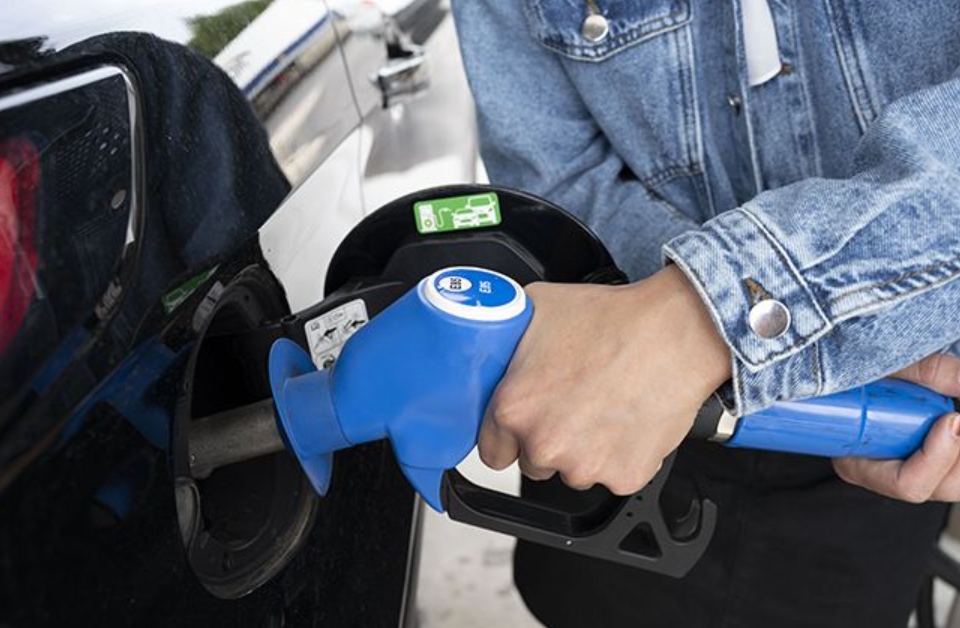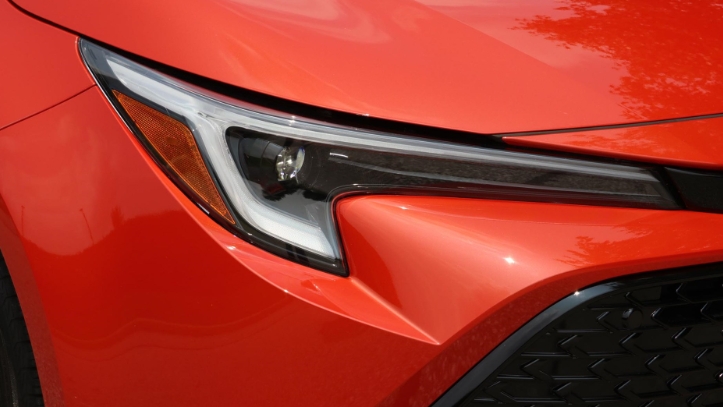A recent study by IFPEN concludes that a plug-in hybrid engine powered by superethanol E-85 is at least as efficient as an electric vehicle in terms of reducing greenhouse gases.
Superethanol, known as E-85, is composed of 75% bioethanol and 25% gasoline of fossil origin. According to the Bioethanol Collective, superethanol E-85 reached nearly 7% of the gasoline market in July 2022, compared to 4% in 2022. It is now available in 34% of service stations. At the request of the SNPAA (national union of agricultural alcohol producers), the AIBS (the interprofessional sugar beet association) and Intercereals, the IFPEN (French Institute for Renewable Energies) carried out a study and compared GHG emissions in life cycle analysis for 3 types of compact vehicles (category C), thermal vehicles running on fossil fuel, plug-in hybrids using superethanol and 100% electric cars. This comparison is carried out on new cars in France in 2022 over 150,000 km and on vehicles sold in 2040 for use over 250,000 km.
It is clear that the performance of hybrid vehicles is identical to that of electric cars, whether in 2022 or for the projections for 2040. Indeed, 100% fossil fuel thermal cars emit 26 tonnes CO2eq compared to 13 tonnes hybrids and electrics. The authors of the study specify that the life cycle analysis is based on a standardized methodology (ISO 140040 and 14044) which is consensus to determine the environmental impacts.
It should be noted that the figures in bold are the results at the scale of France and those in parentheses the results at the scale of the EU. The best results on the scale of France are justified by a more carbon-free electricity industry than on the European scale.
The batteries of 100% electric vehicles are costly for the environment
In detail, this life cycle analysis (LCA) takes into account vehicle manufacturing costs (bodywork, tyres, etc.), battery costs (need for nickel, lithium, etc.) and net emissions of GES. What is interesting to note is that while car manufacturing costs are slightly higher for hybrid and electric cars, the latter are actually and obviously more virtuous in terms of emissions (electric car in mind); however, the electric car loses a lot of points when it comes to the resources needed to produce its batteries.
For the scenario for 2040, the thermal car does not gain in performance in terms of emissions, while the authors of the study estimate the emissions reduced to 9 tonnes CO2eq for hybrids and electric cars. This performance gain can be explained by improvements in vehicle weight and road resistance, for example (improved air penetration). With regard to hybrid vehicles, the projection in 2040 is based on a fuel that contains 75% bioethanol, 12.5% renewable synthetic gasoline and only 12.5% fossil gasoline (compared to 25% today ).
Another good point for the hybrid vehicle highlighted by the study: practicality. Indeed, the hybrid makes it possible to drive when the charging stations are occupied or not available nearby. On the other hand, its battery is smaller, it consumes less mineral resources produced outside the European Union and energy for its manufacture. Finally, when purchased for households and public budgets, the hybrid vehicle remains less expensive.
As European discussions begin on the rules concerning CO2 emissions from new cars until 2035, the sector is asking European authorities to respect the commitment to produce a method for evaluating GHG emissions in LCA for Light vehicles. Moreover, on the strength of this study, it also calls for the openings to carbon-neutral fuels and rechargeable hybrids to be effectively applied.
With regard to the production of bioethanol, the study estimates that by going from 12 million hectoliters to 18 Mhl of bioethanol, this would make it possible to run 17% of the car fleet of light vehicles (i.e. 5.3 million vehicles flex-E85 hybrids) by only monopolizing 1% of the UAA in France.
By way of conclusion, the Bioethanol Collective insists that plug-in hybrid vehicles running on bioethanol are an effective solution for reducing the impact of vehicles on the climate and meeting certain needs of motorists.



